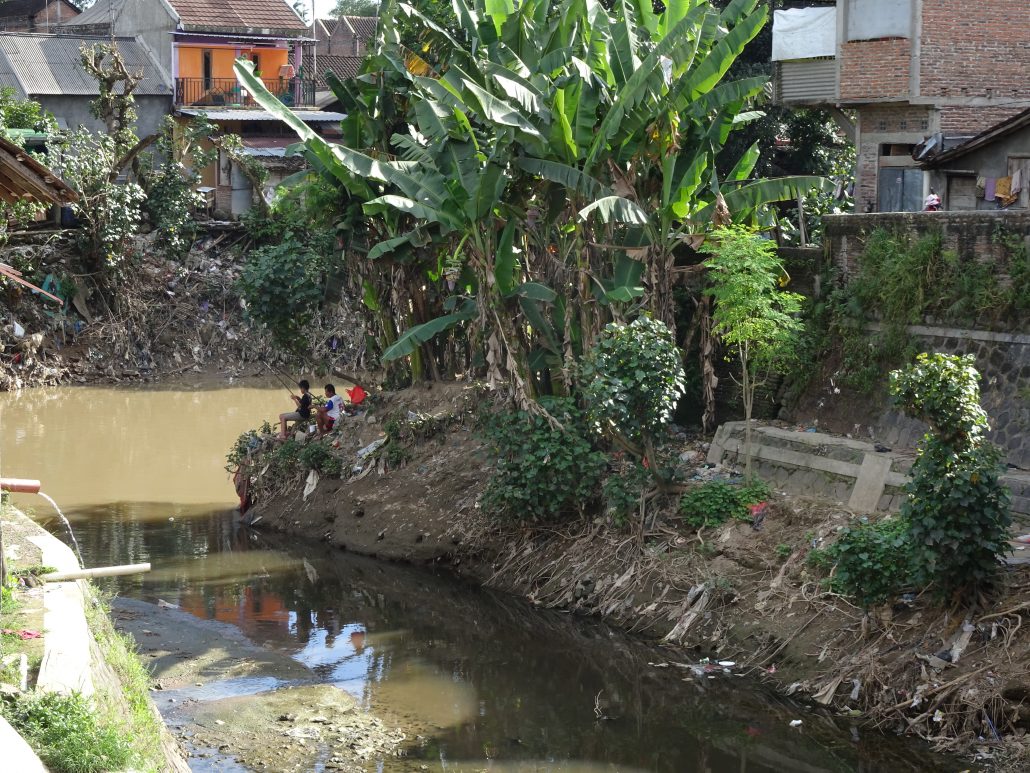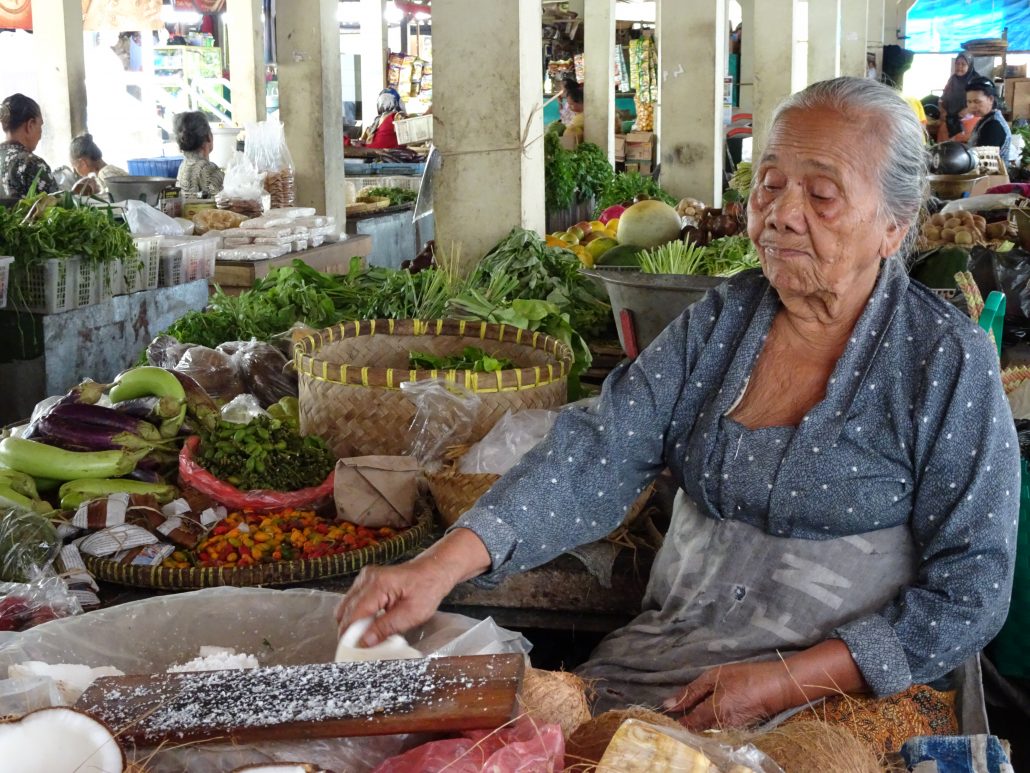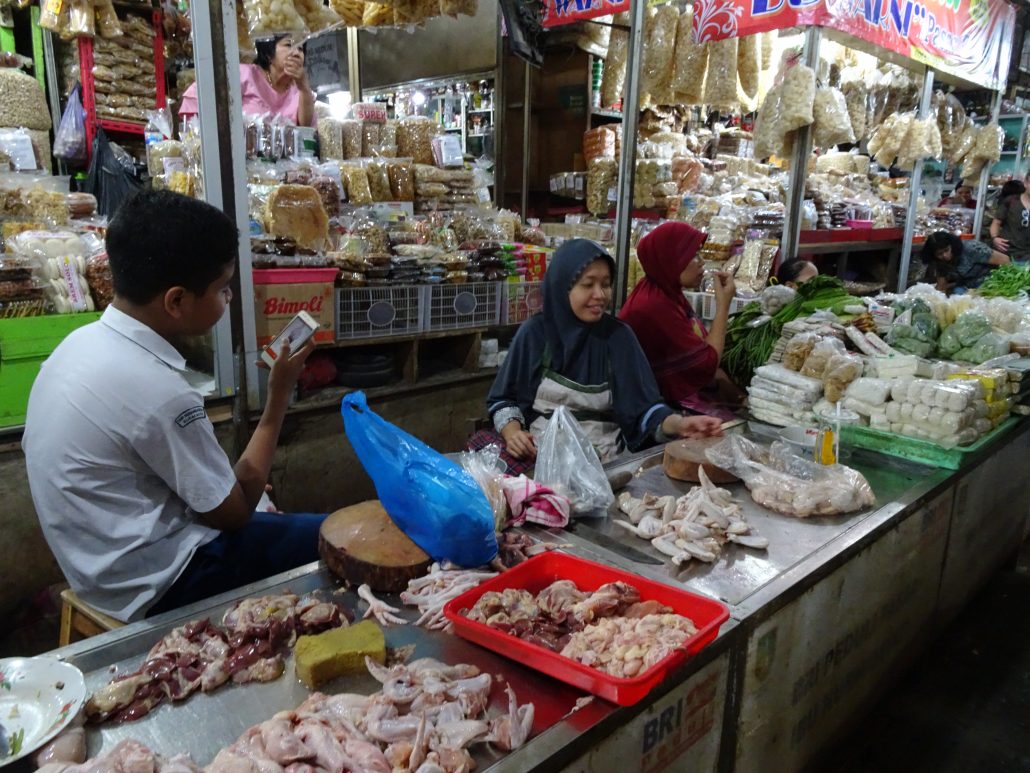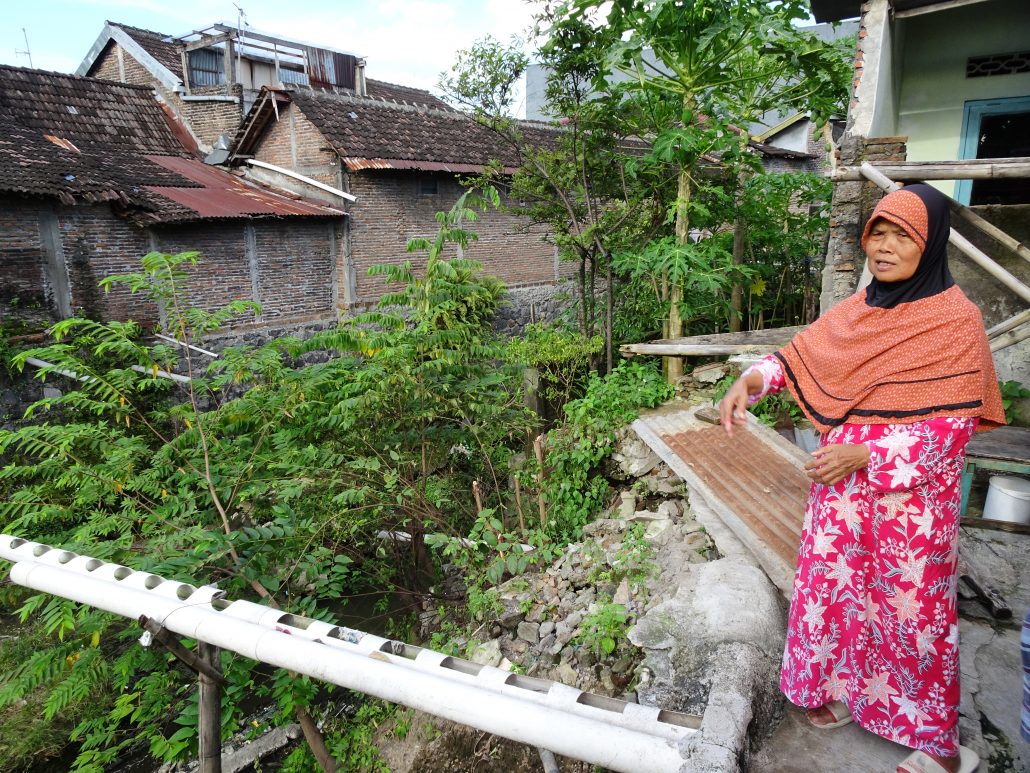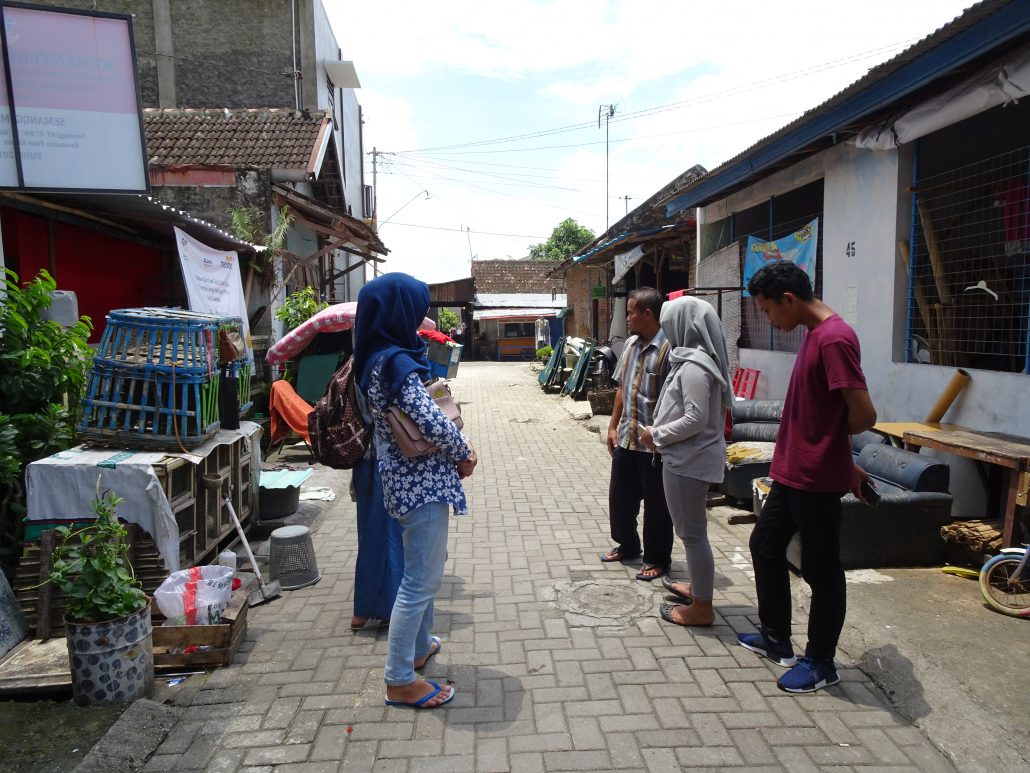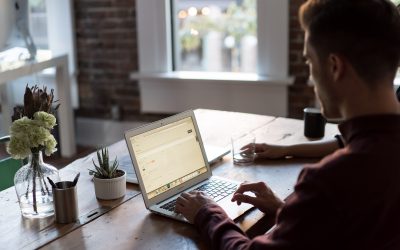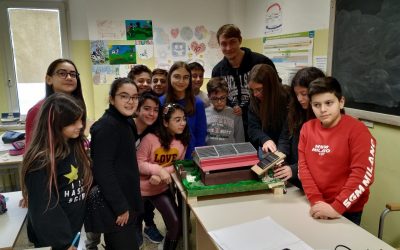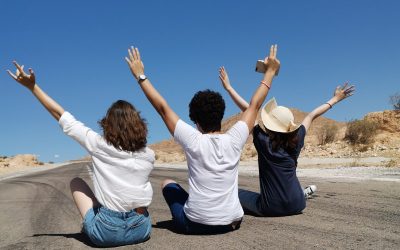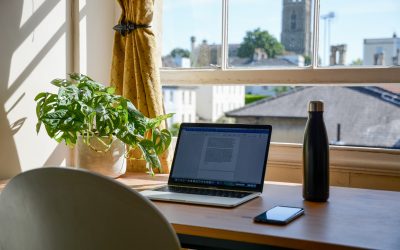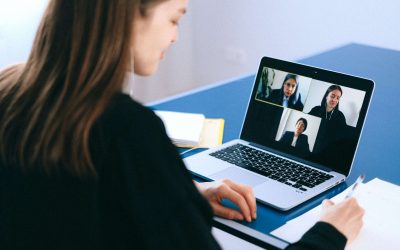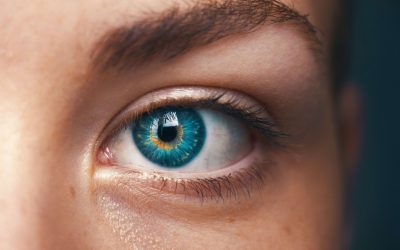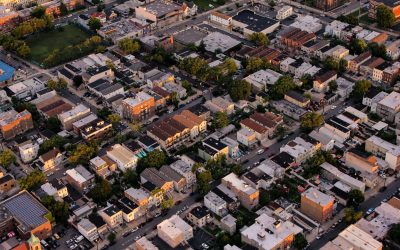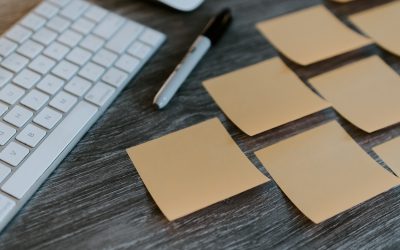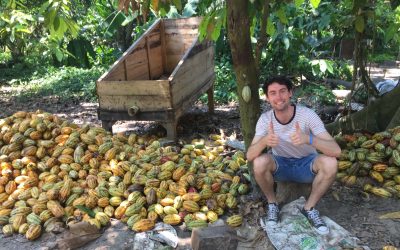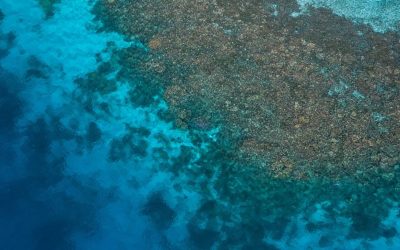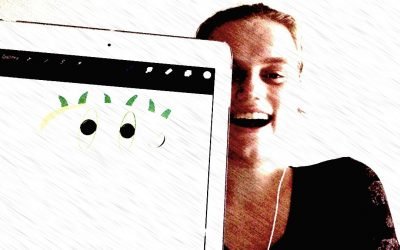Order a drink on the streets in Solo (officially named Surakarta) and you will get a plastic cup with a plastic lid, a straw for easy drinking, a plastic bag to protect the cup and one small plastic bag for easy take away. Take a look around and check where you can throw away your trash. Nope, no trash bins to be found….
There is little time to wait for some miracle to change our behaviour, if we look at the impact of plastic on nature.
Maybe someone else knows where to put the trash? You see some people throwing their plastic rubbish in the river. As you look more closely at the river bank, you see all the piled up trash. No surprise why the Bengawan, the river that once was the most beautiful asset of Solo, looks like it does today.
I chose to do the Green Revolution 5.0 volunteering project in Indonesia because I wanted to learn more about the Indonesian culture, gain more knowledge about waste management and volunteer abroad.
In 6 weeks me and fellow volunteers did many activities in Solo. Such as teaching at high schools, visiting local markets, interviewing people in public places and speaking with the government and NGO’s about problems in Surakarta.
Pollution’s hidden dangers
Being a volunteer in that project, I learned that the problem with waste management is mainly that people don’t seem to care about litter. Trash on the streets, has become part of their life, part of their surroundings. Most of them are not aware of its dangers, like the spread of diseases or the blocking of sewage systems.
It’s one of the reasons people tend to spend little money on or attention to proper waste management. But as the pressure on Solo’s landfill starts to increase (which already has been overloaded with trash for over 10 years), importance of the problem increases as well. Despite these aggravating issues, it seems people don’t want to take responsibility for the problems at hand. Or as someone in Solo put it: “it’s our culture, we cannot change it”.
What can we do?
But is it true that we cannot change the way we do things? Let’s see if something pops into your mind when considering your own life. Is there a habit you find hard to change? What about something simple as doing groceries, how much plastic do you buy and throw away each day? Is it really necessary, or could you also replace some plastic bags with a reusable bag.
Plastic is a big part of their daily lives, that it’s hard to think of a life without it. Then again, there is little time to wait for some miracle to change our behavior. If we look at the impact of plastic on nature, one thing is clear. Do it now!
It might as well be something as easy as holding the drink that you order on the streets in your hand instead of using plastic bags to carry it. You always have a choice!
This post was written by Chloë de Vries. Chloe went on a Global Volunteer project powered by AIESEC in the Netherlands. We offer international volunteering projects and professional internships with the aim of developing leadership in youth. Sign up and learn more about what we have to offer for you!

